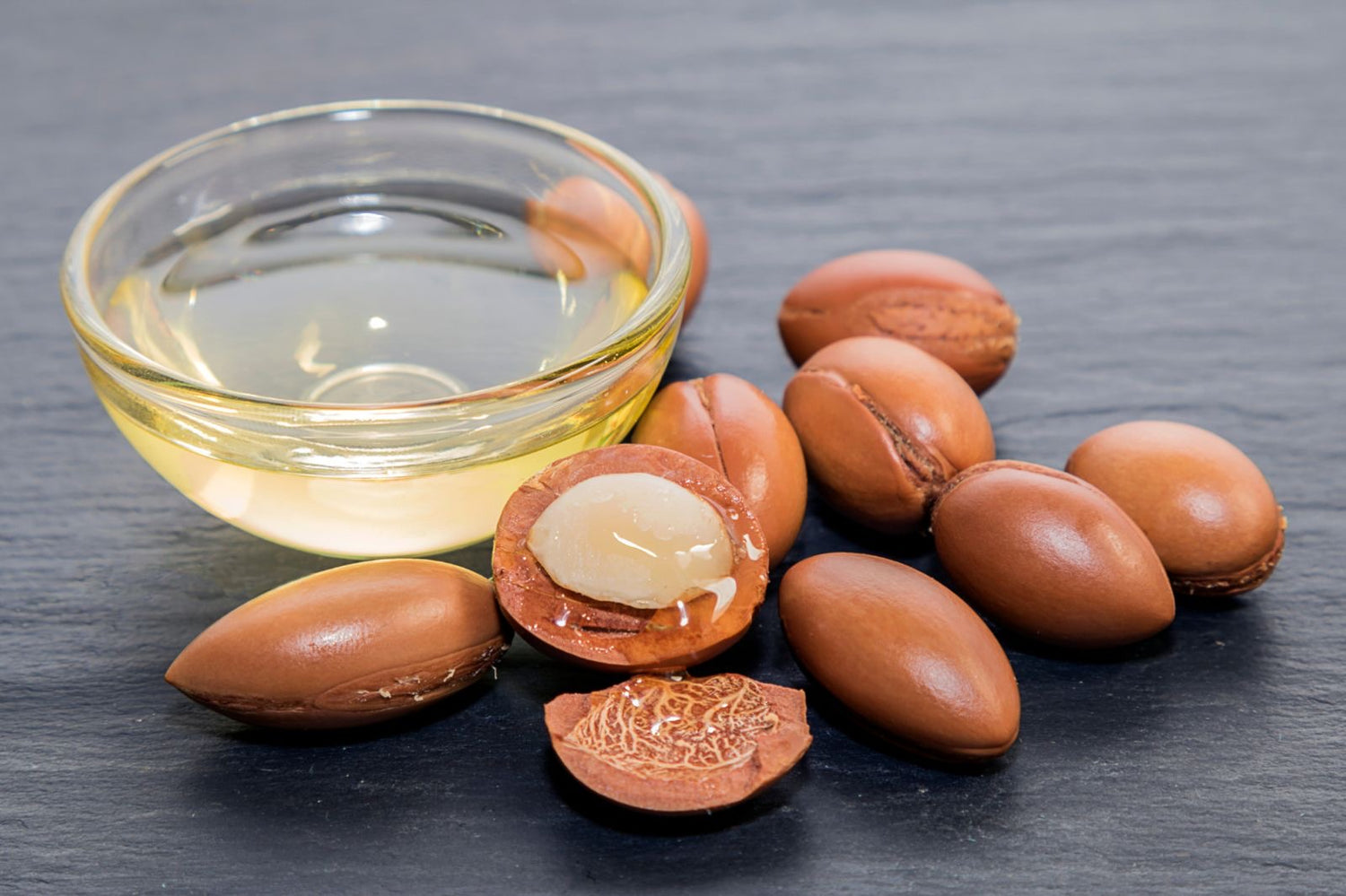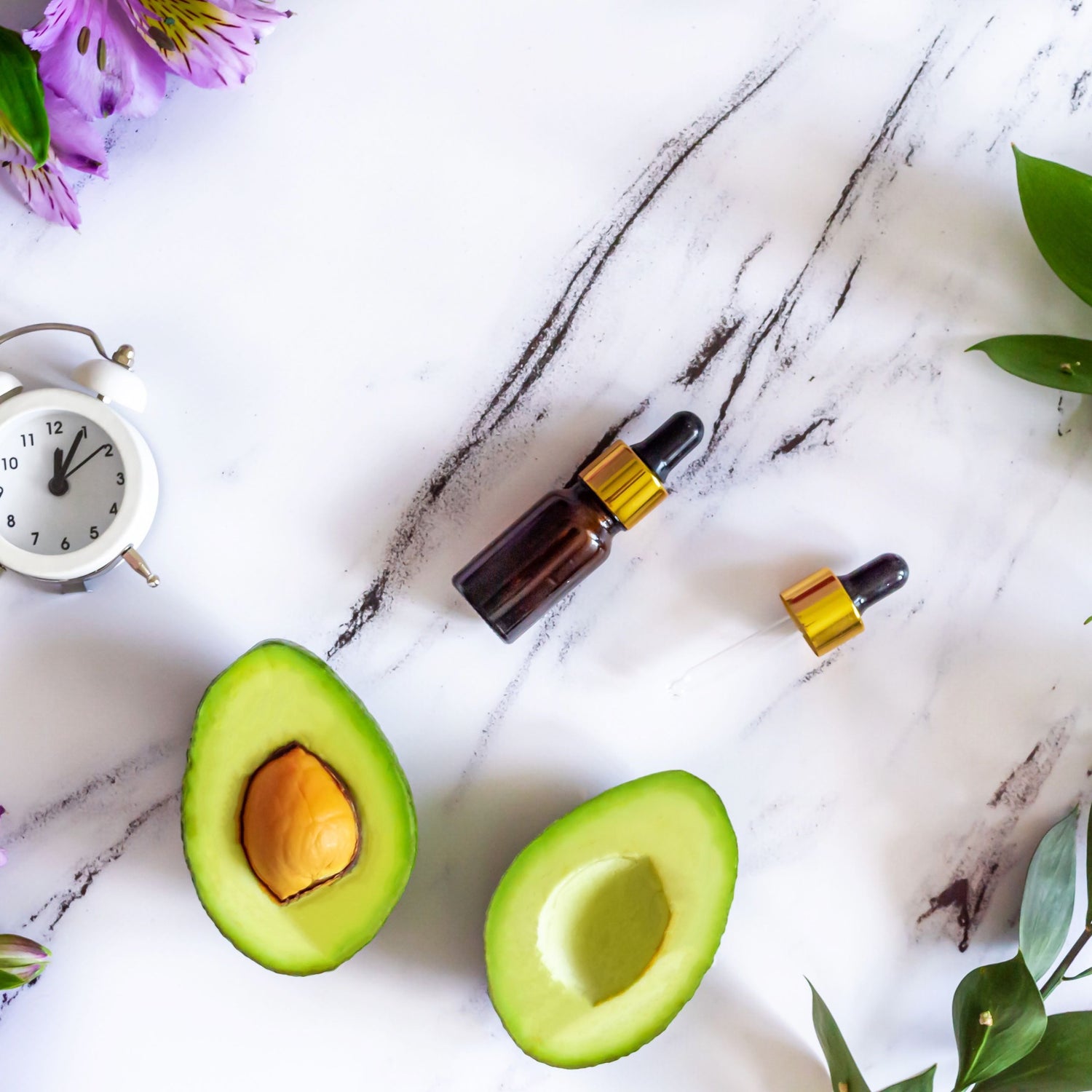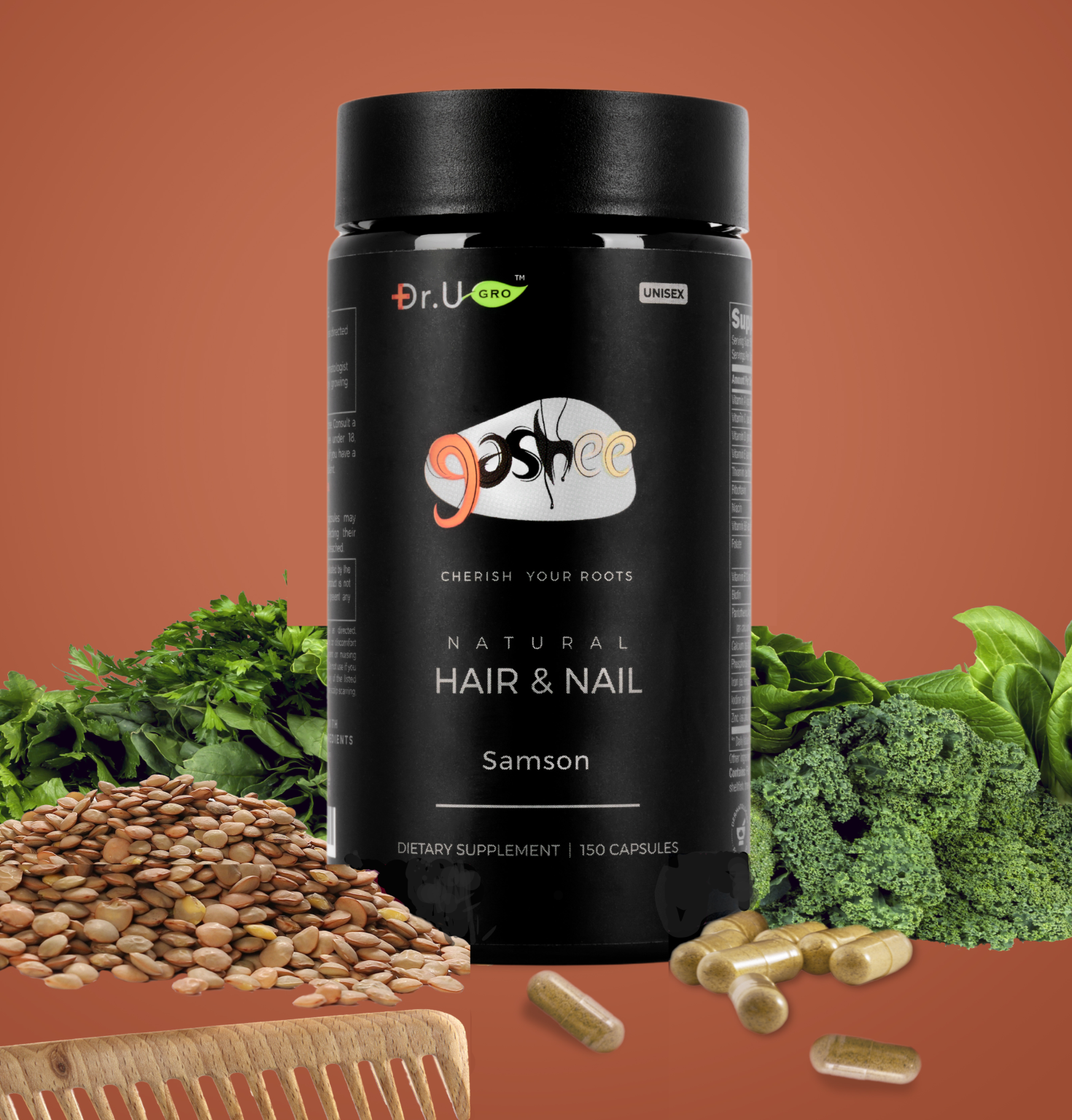What Exactly Is Collagen?
Collagen is the most abundant structural protein found in the space outside the cells called the extracellular matrix which supports the structure of the cell and configuration in the connective tissue while performing several other vital support functions. Collagen is the main protein found in the skin which is responsible for its firmness and youthfulness. The term collagen has become a rather widely used buzzword on products and in the media. This has created some confusion as to what it is, exactly, and how it can be used for antiaging purposes. Many people are hoping it is possible to actually consume collagen supplements for the renewal of their skin. Due to this reason, the demand for collagen has skyrocketed. Thus it is now being promoted as a key ingredient in many products.
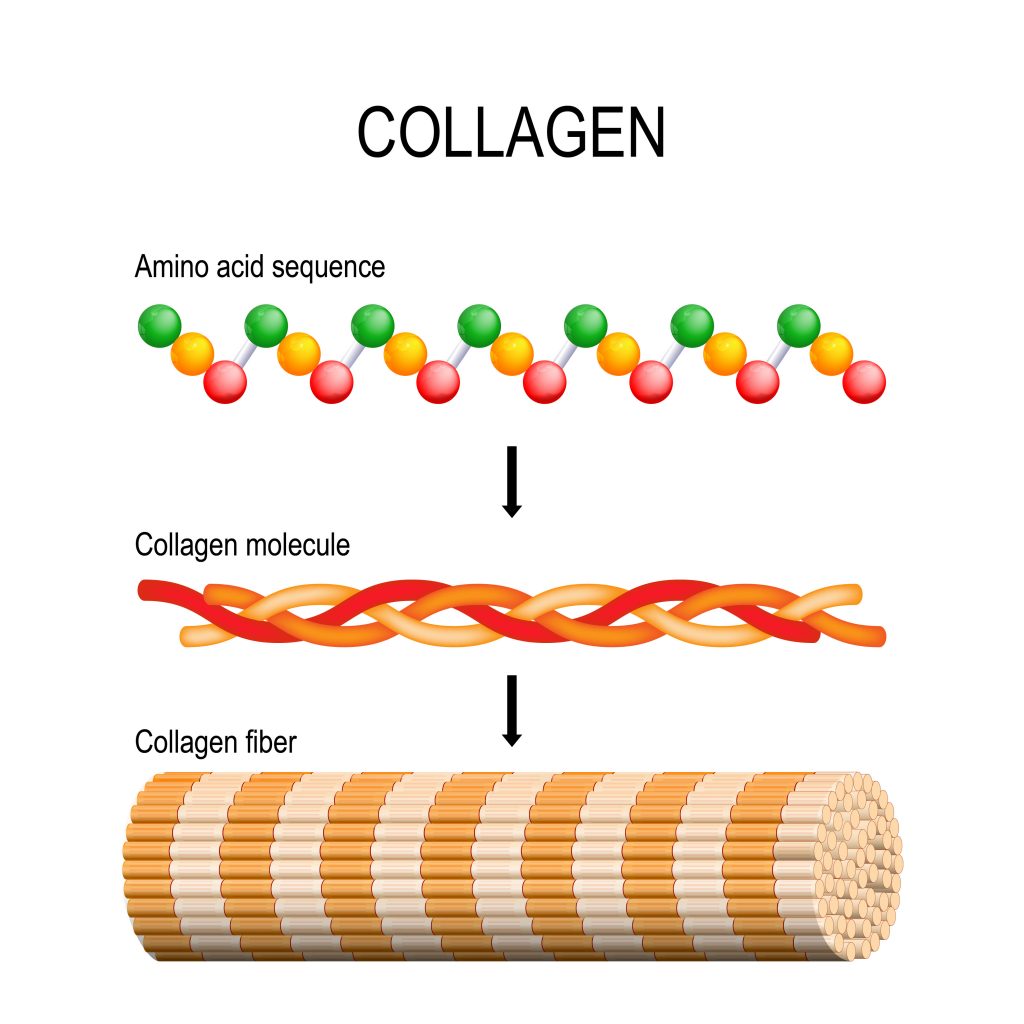
How Effective is Oral Collagen Supplements?
Collagen has long been considered the fountain of youth by Chinese women. But is it reliable for antiaging and skin rejuvenation purposes? According to some experts, consuming collagen is useless since it is broken down by the body. But in fact, researchers are finding that it is actually okay to take collagen supplements for nutritional and cosmetic reasons. The amino acids resulting from digestive processes actually form new proteins which can benefit the hair, skin, and nails. A newer alternative to conventional supplements is marine collagen which has been shown to be a superior choice for these purposes. Surprisingly, it can certainly be sourced ethically as a cruelty-free option that is much better for the environment.
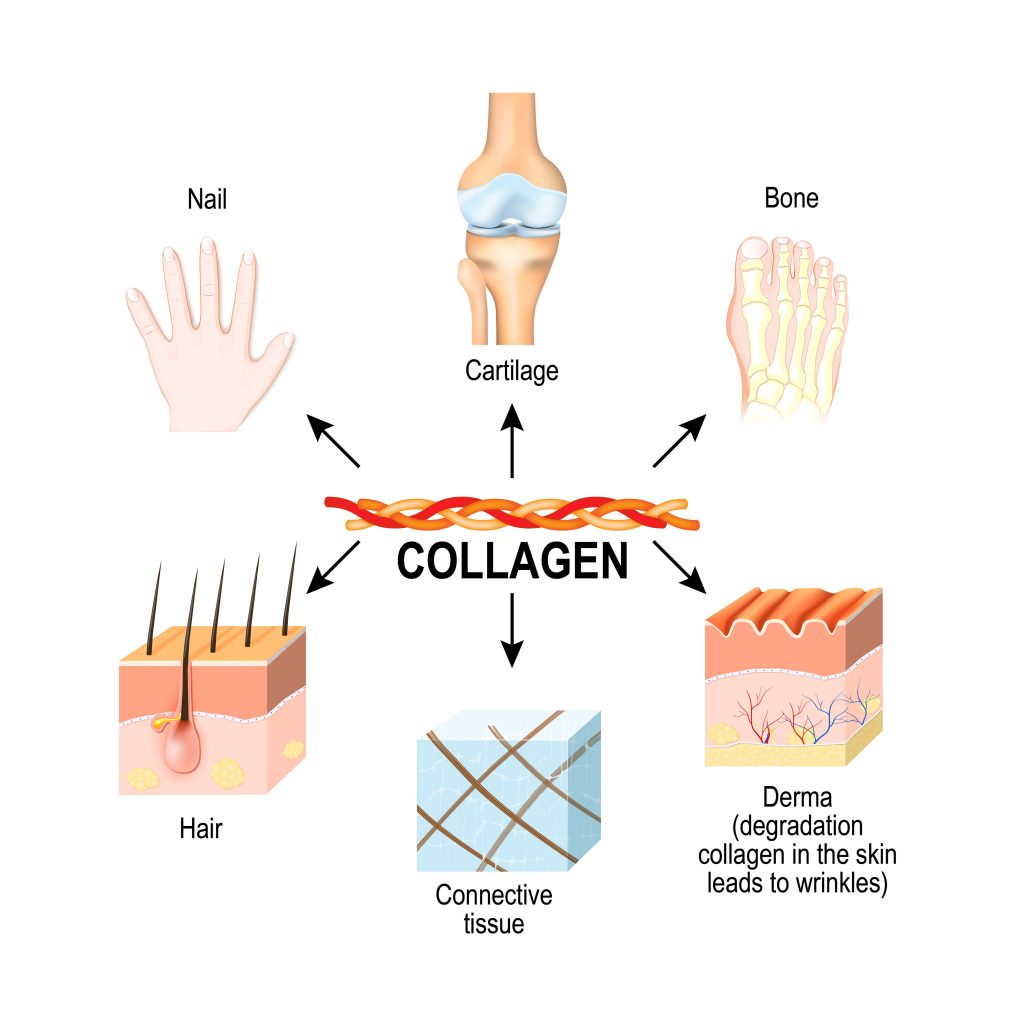
How Collagen Can Help Your Hair Growth

There is very little research that supports a direct relationship between collagen supplements and hair production. However, they can contribute in other important ways to the well-being of your hair. Hydrolyzed collagen can be broken down into components needed to create keratin, the main building block of hair strands. These include proline, glycine, and hydroxyproline.
Hair Anatomy
- The cuticle, which is the outer shiny surface
- The medulla, which comprises the central core
- The cortex, which houses keratin fibers and surrounds the medulla
The Role of Amino Acids
Amino acids are well known to be the building blocks of our protein structures. They also play roles in:
- Cell signaling
- Regulation of gene expression
- Proper breakdown of proteins through phosphorylation
Collagen For the Skin
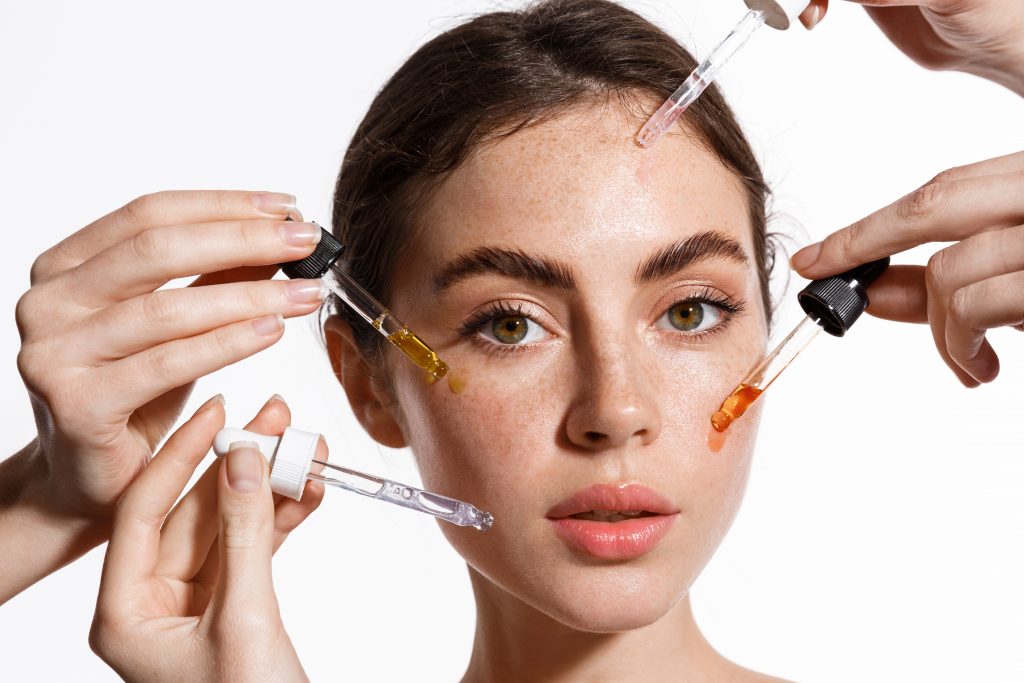
Collagen is the most abundant protein found in connective tissues like tissues, bone, and skin. It connects the cells of the extracellular matrix and can be thought of like a glue that holds physiological structures together, giving them their final form and shape. Collagen makes up about 75-80% of our skin and is responsible for its firmness.
Collagen As a Potent Antioxidant
Hair follicles are also susceptible to oxidative damage caused by free radicals and the signs of premature aging. Collagen sourced from aquatic life can provide powerful antioxidant offerings. Studies have found that fish scales and collagen peptide isolates from certain fish and sea cucumbers can protect against oxidative damage and promote antiaging benefits.
How Collagen Improves Nail Surface Quality
Hair and nails are more similar in their structure and characteristics than most people realize. Both are made of the same type of protein filament known as a-keratin. In one study on collagen supplements for the nails, researchers found that it increased nail length, improved brittleness, and decreased breakage after just 24 weeks of supplementation.
The Ethical Sourcing of Fish For Collagen Supplements

Prior to the realization that aquatic animals provide an ideal source of collagen for cosmeceuticals and nutraceuticals, animals like cows, pigs, and chickens were relied upon. However, marine collagen offers a more ethical and environmentally friendly alternative while reducing waste from the fishing industry.
Frequently Asked Questions
What are some examples of foods that can improve collagen production in the body?
Collagen production depends on supplying the body with the right building blocks. Typical sources include meat and dairy. Plant-based dieters may want to consider foods like peas, quinoa, tofu, tempeh, soy, and legumes.
Should I take collagen supplements with or without food?
Unlike many other nutritional supplements, collagen can be taken with or without food. Some people find it works best on an empty stomach. However, it ultimately depends on personal preference.
What dosage guidelines should I follow for collagen supplements?
There are no set dosage requirements for collagen supplements. Dosages typically range from 2.5 to 10 grams daily, though some products recommend up to 30 grams per day. Always consult a doctor for personalized recommendations.


